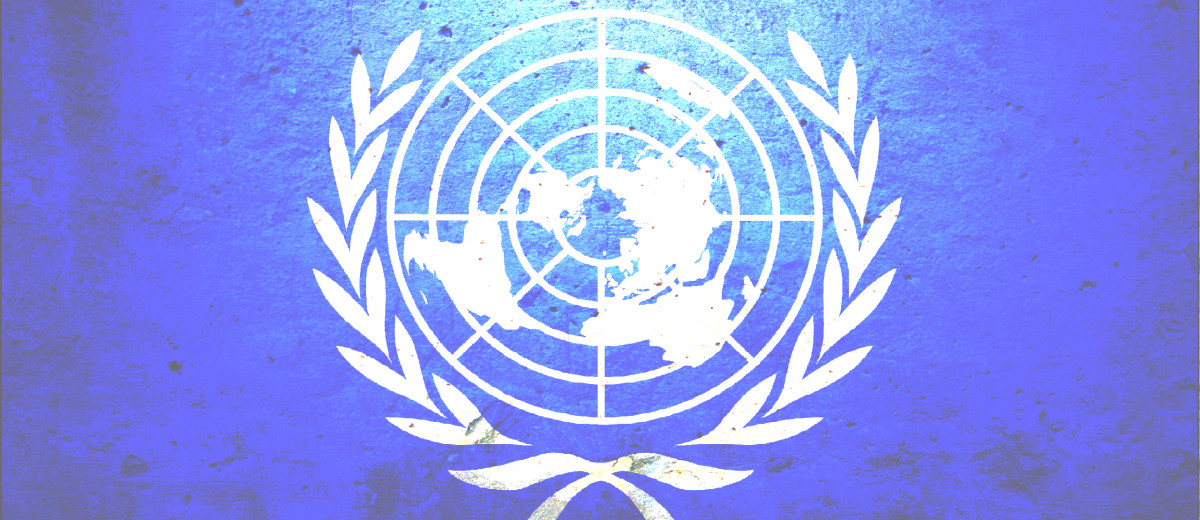The fundamental ideology of the United Nations stands as faith and hope to populations from a wide spectrum of different race, religion, ethnicity, and nationality and endeavors collective security and peace to all corners of the world. The UN, despite its seemingly flawless system in bringing peace, had seen its failures; ranging from eradication of terrorism to the legitimacy of veto powers. These flaws made people question the its efficiency and whether it can solve world issues; these issues barely exists in MUN. It is the young delegates of Model United Nations that could do what the UN couldn’t, and solve issues the way the world could’ve solved it.
Model United Nations is an educational simulation and competition that teaches people how the United Nations and international relations work. In the process, delegates are able to learn skills such as research, public-speaking, debating, writing, critical thinking, teamwork, and leadership abilities. People cooperate with each other, become friends, and strive to submit a perfect draft resolution to appeal the council. Delegates could fathom current world issues and solve it without being held back by the notion of country’s prestige and its cynical objectives. Regardless of size or international power, countries could voice their opinions without going through the consent of world powers and its delegations in the end possibly becoming main submitters of draft resolutions. People are able to experience a whole new different academic experience and environment, something that is rarely touch on in standardised school programs. Participants will be able to understand the world better, and it is that particular thinking that would push individuals to strive towards a different goal, a goal of trying to make this world a better place.

